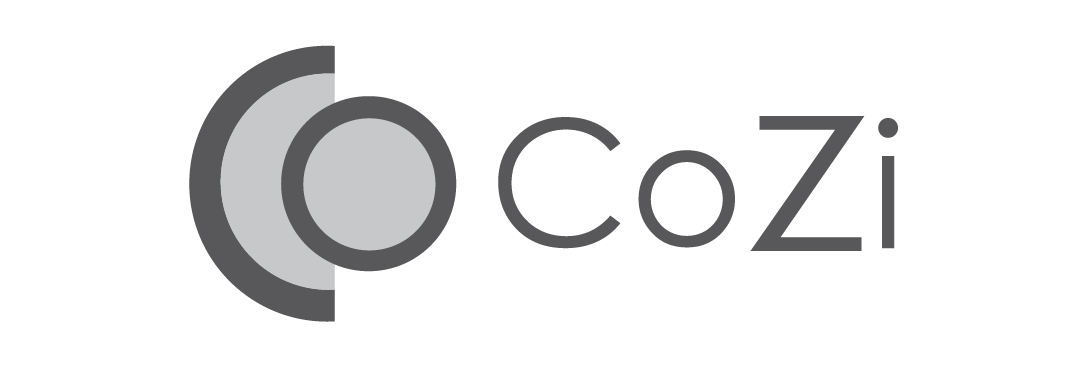Freelance vs Traditional Jobs
Photo by Freelance Whales/
Freelance vs Traditional Jobs
Welcome to our in-depth exploration of the two main modes of work in the modern world: Freelance and traditional employment. In an era where technology and globalization have altered our perception of work, it’s become essential to understand the benefits and challenges of these two career options. Whether you’re an early career professional or a veteran looking to make a change, accurately evaluating these two paths can help you make an informed decision. This article explores many factors related to each option, including work-life balance, job satisfaction, and risk management.
The Pros and Cons of Freelance
Freelance offers significant advantages, including flexibility, autonomy, and the possibility of earning more. However, it also presents challenges, such as irregular income, lack of benefits typical of salaried employment, and the need for self-discipline to manage all aspects of the business. In short, self-employment offers exciting opportunities; but requires careful planning, proactive management, and resilience.
The Pros and Cons Of Traditional Jobs
A traditional job offers financial stability through a regular income, benefits such as health insurance and pension contributions, and clear career progression opportunities within an established organizational structure. However, it limits flexibility by imposing fixed working hours and presents challenges in terms of rigid hierarchical structures. In short, traditional employment offers valuable security and benefits. It also demands compromises in terms of flexibility and independence.
Skills and Personality Traits
Freelancers and traditional employees require distinct skills and personality traits to succeed. Freelancers need strong self-motivation, excellent time management skills, and marketing aptitude to manage tasks and attract new customers. On the other hand, traditional employees must excel in teamwork, be adaptable in the face of change, and possess strong communication skills for effective interaction with colleagues and customers. Nevertheless, all these skills can be beneficial in both contexts, as they contribute to an individual’s versatility and overall effectiveness.
Work-life Balance
Work-life balance is a big concern when choosing between self-employment and traditional employment. Regarding freelancers, flexibility is an undeniable asset because it enables them to define their schedules and determine when and where they work. This freedom offers a balance that allows them to reconcile professional responsibilities with personal obligations. However, this flexibility can also be a pitfall if clear boundaries are not established between work and free time, leading to burnout. On the other hand, employers expect employees to follow a fixed work schedule. While this can limit flexibility, it also has the advantage of creating a separation between work and personal life. However, it can be more difficult for them to manage unforeseen personal obligations during working hours. The ideal balance, therefore, varies according to individuals and their specific needs.
Career Growth and Longevity
Career growth and longevity are factors we should consider when comparing self-employment with traditional. Freelancers can choose the projects they work on, enabling them to focus on areas they are passionate about. Therefore, they can continually develop their skills and expertise according to their personal and professional interests. However, their career progression largely depends on their ability to find regular business opportunities and maintain a stable customer base. On the other hand, traditional employees benefit from structured professional development opportunities within their organization. They can climb the hierarchical ladder, obtain pay raises, and take on increasingly important positions. But, many factors can limit the growth of their careers, such as the size of the organization, internal competition, and management decisions. So, career growth and longevity are essential elements to consider, depending on your career aspirations and which path would be most conducive to achieving them.
Job satisfaction and Fulfillment
Job satisfaction and fulfillment can vary considerably between these two options. Freelancers can discover a sense of achievement through the creative freedom they exercise and the diversity of projects they tackle. Their ability to shape their professional path can bring great satisfaction. On the other hand, traditional employees may experience a different kind of satisfaction, finding value in the stability offered by their job and the well-defined structure of their roles. Fulfillment can come from feeling part of an established organization and the progressive evolution of their career within that structure. Both paths offer unique sources of job satisfaction, and the choice will often depend on individual preferences and career priorities.
Risk Management
Risk management is critical when choosing between self-employment and traditional employment, as each option has challenges. Freelancers often have to navigate risks such as late payment and unstable income, which can lead to financial insecurity. They also face the challenges of acquiring customers and maintaining a steady workload. In addition, they lack social benefits like health insurance. On the other hand, while traditional employees often enjoy regular pay and benefits, they can also face risks. Plus, they have limited control over their work, as they are subject to management decisions and organizational changes. They may also face the pressure of job stress, burnout, and work-life balance. So it’s essential to understand and assess these risks before choosing between these two career paths.
Ultimately, the choice between freelance and traditional employment largely depends on your preferences, skills, career goals, and risk tolerance. Each option has advantages and challenges. Traditional jobs offer structure and stability, while self-employment provides greater flexibility and the possibility of greater control over your work. It’s essential to take the time to reflect on your values, aspirations, and lifestyle preferences before making a decision. It’s also important to remember that work isn’t static – traditional employees may turn to self-employment and vice versa as their priorities and life circumstances change. Whatever path you choose, the most important thing is to find work that brings you satisfaction and fulfillment.
For more articles please visit our blog.



